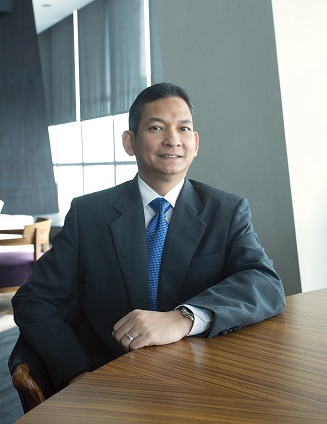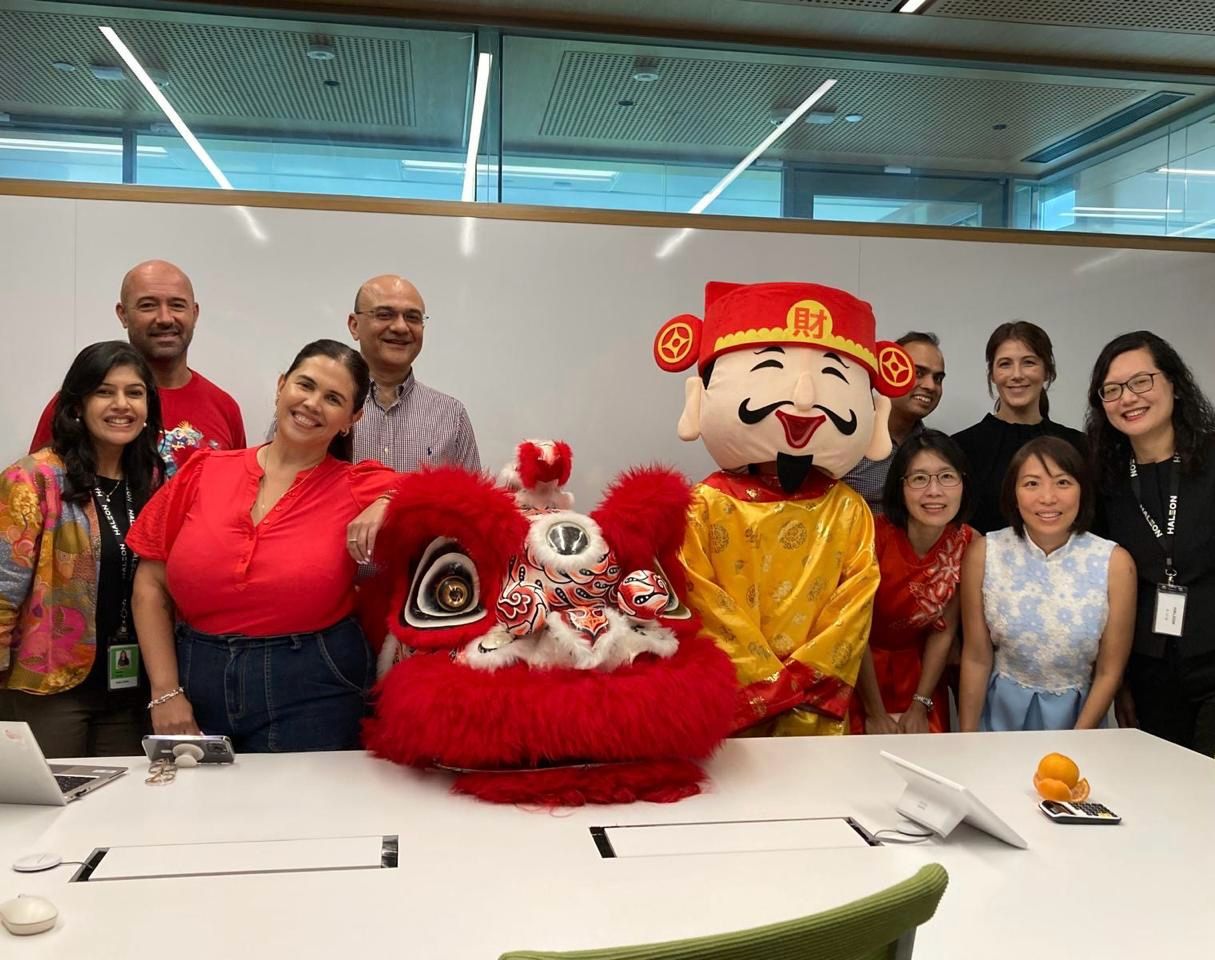MedcoEnergi’s integrated talent development approach
- Paul Howell
- Topics: Features, Indonesia, Learning and Development
Indonesian oil and gas giant Medcoenergi Internasional is continuously building its workforce skills and competencies through an integrated development programme that covers all staff, regardless of level or position.
Amri Siahaan, Chief Human Capital and Business Support Officer, says there are four key parts to it:
- Sourcing fresh graduate talents from reputable local universities in Indonesia
- Attracting and retaining these talents by offering individually-targeted development opportunities, and competitive remuneration against leading companies in the global market.
- Exposing talents early and often, through structured graduate development programmes, in-class training, and on-the-job assignments. These are then further supplemented by a coaching regime.
- Closely monitoring further development needs at the individual level, and identifying action plans to close the gaps.
In fact, asked what is the company’s greatest HR challenge over the long-term, Siahaan also quickly identifies leadership development and succession planning. With such a broad range of activities spread across numerous projects and units across the world, and its commitment to building skills from within, MedcoEnergi is constantly looking out for the next generations of talent for every level of seniority.
Siahaan says his team has developed a structured, disciplined approach to identify, develop, and succeed leaders systematically throughout the organisation.
Potential successors to critical positions are grouped based on their individual readiness to take over: they are considered “Ready Now”, “Ready in the next two years”, or “Ready in the next three to four years”. A separate grouping is made for “Bench Strength” with high potential talents that have not yet been connected to a specific role.
Each potential successor is given a unique development plan – crafted around the 10:20:70 model – and monitored on their progress. Siahaan says they are each given structured in-class leadership training, coaching, and exposure to specific assignments and projects that will help them to progressively expand their skill sets.

Local workforce; global work
MedcoEnergi was founded as a small, private drilling company in 1980. Through both acquisitions and organic growth, it grew in both size and scope, such that by the time it became listed on the Jakarta Stock Exchange in 1994, it was a fully-fledged end-to-end oil and gas producer.
In 1997, it added “downstream” activities – refining and consumer-grade product development – to its portfolio of “upstream” – exploration and production –work. And in 2009, it added mining to the mix, and today has interests in coal, gold, and copper extraction, principally in its home market of Indonesia.
MedcoEnergi’s oil and gas interests – on the other hand – stretch far beyond the Indonesian archipelago. For sure, it has development rights and production projects in each of Sumatra, Kalimantan, Java, and Sulawesi. But its Oil and Gas Exploration and Production – International unit also flies the company flag through partnerships and projects in the US, Oman, Libya, and Tunisia.
“One of our key strategies to survive in the current condition has been to continue our cost efficiency efforts and become part of the cost leadership in the industry,” Siahaan says. “We are consistently able to maintain our production costs lower than our peers.” – Amri Siahaan, Chief Human Capital and Business Support Officer, MedcoEnergi Internasional.”
Building a talented workforce for such a broad range of required skills and competencies is, Siahaan admits, an ongoing challenge. But the company is able to compete fiercely for the best local talent through its enviable employer brand and deliberate development strategies.
“In the oil and gas industry, the Indonesian workforce is highly regarded as a world-class workforce,” Siahaan says. “In fact, we have to compete with international multinationals in recruiting them.”
That young, technically competent workforce is typically built from the ground up, and then supplemented by a handful of highly-qualified expatriates to ensure high standards are maintained across every project.
Siahaan says the company boasts an integrated development programme to ensure the workforce is able to successfully deliver on the given business agenda. This involves recruiting graduate talents from the best local universities in Indonesia, offering them individually targeted development opportunities, and exposing them to broad skills development through a combination of in-class training, formal on-boarding, and on-the-job assignments.
From there, the sky is the limit for each individual.
HR Insider is a regular in-depth feature exploring the people management teams of some of the region’s most prolific.






